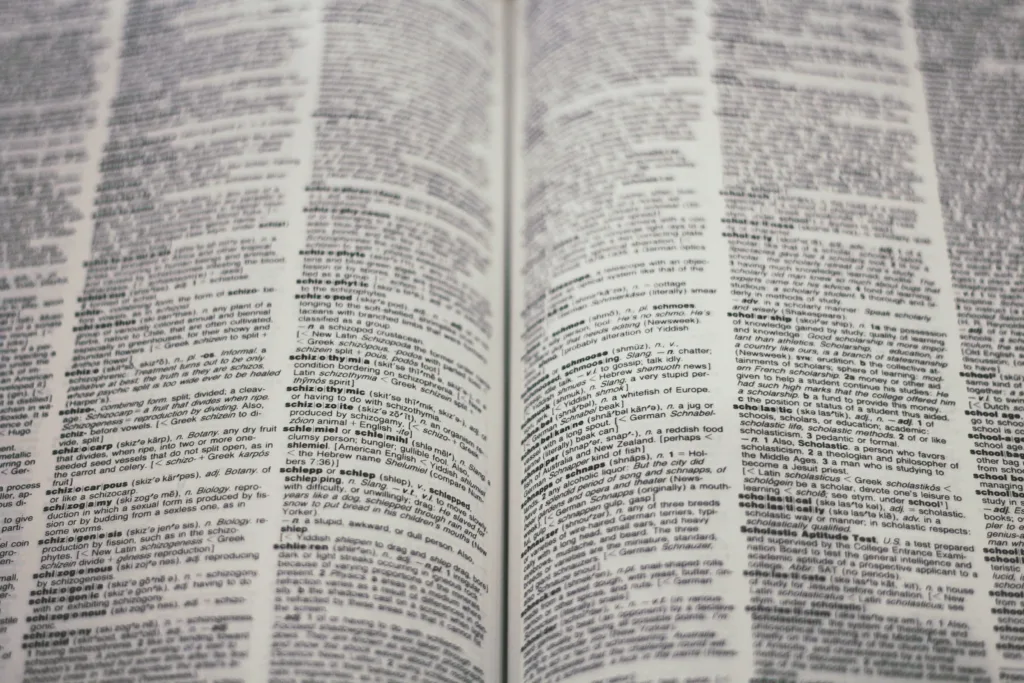The English language is a cornucopia of words, each with its own unique meaning and usage. However, sometimes words that sound alike can be confusing when it comes to their meanings and how to use them properly. In this article, we will explore some common examples of similar sounding words and their differences.
1. Affect vs. Effect
While affect and effect sound similar, they have different meanings. Affect is a verb that means to influence or produce a change, while effect is a noun that refers to the result of an action.
2. Compliment vs. Complement
Compliment means to express admiration or praise, while complement means to make somethig complete or enhance its qualities.
3. Flair vs. Flare
Flair is a noun that refers to a distinctive and stylish elegance or talent, while flare is a verb that means to suddenly burst into flames or to become wider at one end.
4. Desert vs. Dessert
Desert is a noun that refers to a dry and barren area of land, while dessert is a sweet dish served after a meal.
5. Discreet vs. Discrete
Discreet means to be careful and cautious in one’s actions, while discrete means to be separate and distinct.
6. Emigrate vs. Immigrate
Emigrate means to leave one’s country to settle in another, while immigrate means to enter and settle in a new country.
7. Farther vs. Further
Farther refers to physical distance, while further refers to a greater degree or extent.
8. Its vs. It’s
Its is a possessive pronoun, while it’s is a contraction of “it is” or “it has.”
9. Principal vs. Principle
Principal refers to the head of a school or organization, while principle refers to a fundamental truth or belief.
10. Stationary vs. Stationery
Stationary means not moving, while stationery refers to writing materials such as paper and envelopes.
It is important to understand the differences between similar sounding words to avoid confusion and to use them correctly in your writing. By paying attention to their meanings and usage, you can communicate your ideas more clearly and effectively.
What Are The 20 Examples Of Homophones?
Here are 20 examples of homophones:
1. Baring vs. bearing.
2. Bolder vs. boulder.
3. Canon vs. cannon.
4. Cite vs. sight vs.
5. Creak vs. creek.
6. Hole vs. whole.
7. Incite vs. insight.
8. It’s vs. its.
9. Knight vs. night.
10. Mail vs. male.
11. Meat vs. meet.
12. Pail vs. pale.
13. Pair vs. pear.
14. Peace vs. piece.
15. Rain vs. reign vs. rein.
16. Right vs. write vs. rite.
17. Sea vs. see.
18. Son vs. sun.
19. Tail vs. tale.
20. To vs. too vs. two.
Homophones are words that have the same pronunciation but dfferent meanings and spellings. It’s important to use the correct homophone in your writing to ensure clarity and avoid confusion for your readers.

What Are Good Sounding Words?
Good sounding words can be described as words that have a pleasing and harmonious sound when pronounced. These words ofen have a combination of vowel and consonant sounds that create a pleasant and melodic effect to the ear. Some examples of good sounding words include “serendipity,” “effervescent,” “eloquent,” “ethereal,” “mellifluous,” “resplendent,” “ebullient,” “surreptitious,” and “incandescent.” These words not only sound pleasant, but they also have a strong meaning and can add depth and sophistication to one’s writing or speech. It is important to note that the choice of words should always be appropriate for the context and audience, and should not be used excessively or inappropriately.
Conclusion
It is important to pay close attention to similar sounding words and their meanings in order to avoid confusion and ambiguity in your writing. Homophones, such as baring and bearing, can easily be mistaken for each oter and can drastically change the meaning of a sentence. Using synonyms and being explicit in your writing can help to clarify your message and ensure that your readers understand exactly what you are trying to convey. It is crucial to always strive for clear and concise communication and to avoid any potential misunderstandings caused by similar sounding words.
